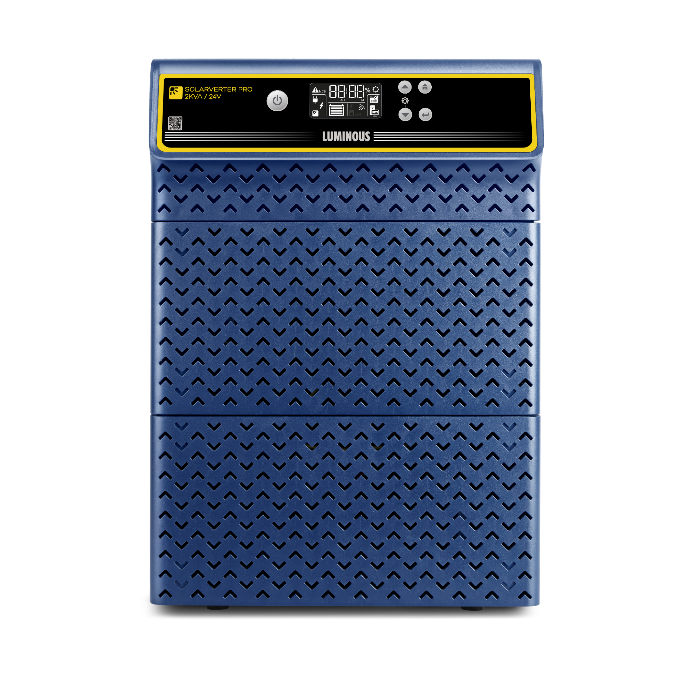How are Solar Inverters the Ultimate Solution for Energy Management?
In these times of environmental crisis, going for sustainable power solutions like solar inverter is not just a smart but also crucial decision people need to make. It will not only help us reduce the usage of non-renewable resources and prevent climate change but also be beneficial for our pockets.
Not many people know, but a solar inverter can be a great way to manage energy usage. And when done correctly, it could end up saving a lot in the long term. This is why more and more people are now investing in solar products instead of selecting traditional power appliances.
In this article, we have tried to find out how solar inverters turn out to be a great solution for energy management. But before we do that, let’s learn a bit about what they are.
What is a Solar Inverter?
We all know what inverters do – they convert the direct current (DC) to alternating current (AC), which you can later use to power a range of appliances like lights, AC, television, fans, and so on. The solar inverter does the same, but the difference is of the power source.

A solar inverter converts renewable solar-generated DC power to functioning AC power. This is what makes them so much better than the normal ones. Instead of drawing DC power from a network or grid, it gets the direct current from the solar panels, which in turn, receives the energy from the sun. Since you are using a power source that is renewable, i.e., it will never deplete, you can save both energy and money. Plus, this power source does not release any greenhouse gas or emits any toxins, so you also reduce your impact on global warming and climate change.
Solar Inverter – The Ultimate Solution for Energy Management
Below are some ways how solar inverters prove they are great for energy management:
- Efficient Energy Conversion: As mentioned before, solar inverters convert the DC power generated by solar panels into AC power. This power can then be used in homes or fed back into the grid. This way, solar inverters ensure that the energy produced is used in the most efficient way possible, minimizing any losses in the process.
- Monitoring and Control: The new-age solar inverters come equipped with monitoring and control features so that you can track the performance of your solar energy system. Having proper control helps you identify any issues or inefficiencies in the system, allowing you to take action to optimize your energy usage.
- Grid Connectivity: Yes, you read it right. You can also connect your solar inverter to the grid, thereby connecting your solar energy system to the grid. So, if you wish to sell this energy back to the utility, it is possible. This helps you to save money on your energy bills and also makes your solar energy system even more financially viable.
- A Shift to Sustainability: Nowadays, being sustainable is the best way to a cleaner and healthier planet. If you are interested in that, a solar inverter could be a great way to start. This is a key component in renewable energy systems that can help reduce the dependence on fossil fuels. By using a solar inverter, you can harness the power from the sun to generate clean energy. And this sustainable energy is good for the environment and your wallets too.
In addition to the points we mentioned above, the solar inverter also helps in the following:
- Providing energy in remote areas where there is a shortage of electricity apply.
- Helps you become energy independent by taking off the burden of relying on the power grid.
- Proves to be cost-effective when compared to diesel generators.
The Bottom Line
Read it all? Well, now you know how solar inverter helps in energy management. All you need to do is ensure you purchase the right one based on your needs.
Luminous has a wide range of solar inverters that come with special features like an in-built battery and MPPT charge controller. Check their website for more details.



